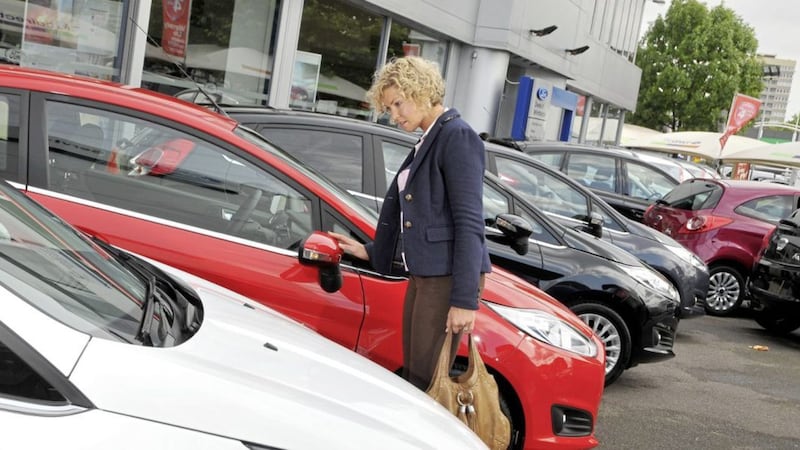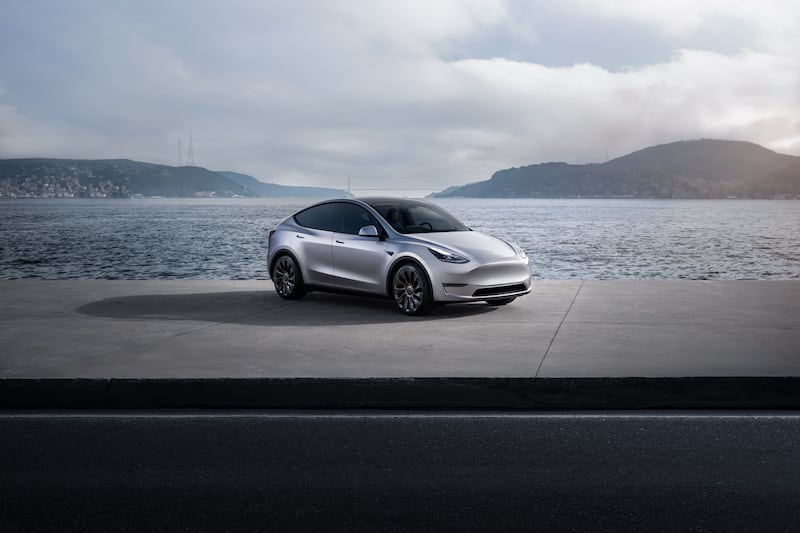CAR sales volumes in Northern Ireland in March were 41 per cent below the corresponding month prior to the pandemic, equating to a fall of almost 3,000 vehicles, according to the Society of Motor Manufacturers and Traders (SMMT).
Just 4,186 new models drove out of showrooms last month, down 9.3 per cent on the March 2021 figure of 4,618.
And although new registrations for the year so far in the north, at 11,060, are more than 15 per cent ahead of where they were a year ago (9,599), it's still a third below pre-pandemic levels.
Northern Ireland’s car dealers had been anticipating a significant pick-up in new car sales this year as supply-chain disruptions, particularly for semi-conductors eased.
But Russia’s invasion of Ukraine is adding a new layer of supply chain disruption.
Ukraine is a key supplier of auto-parts including cable harnesses, while Russia is a key producer of palladium, used in catalytic converters, and nickel, a key component within electric car batteries.
A shortage of components has led several manufacturers including BMW, Porsche, VW, Ford & Mercedes-Benz to cut production.
"This means 2022 is shaping up to be another poor year for new car sales, with no meaningful recovery expected," Ulster Bank chief economist Richard Ramsey told the Irish News.
SMMT chief executive Mike Hawes described the figures as "deeply disappointing", with March crucial for the industry because it is normally the busiest month of the year as buyers demand the latest number plate.
He said: "While demand remains robust, this decline illustrates the severity of the global semiconductor shortage, as manufacturers strive to deliver the latest, lowest emission vehicles to eagerly awaiting customers.
"Placing orders now will be beneficial for those looking to take advantage of incentives and lower running costs for electric vehicles, especially as the Ukraine crisis could affect supply still further.
"With increasing household and business costs, Government must do all it can to support consumers so that the growth of electric vehicles can be sustained and the UK's ambitious net zero timetable delivered."
A record 64,165 battery electric vehicles (BEVs) were registered in March - up 78.7 per cent on the same month in 2021, taking a 16.1 per cent market share.







